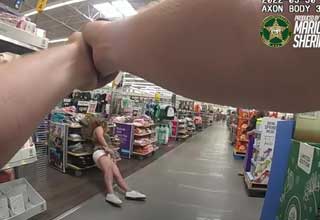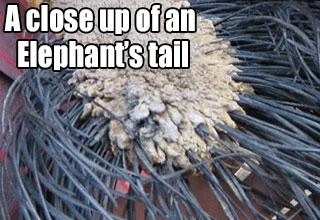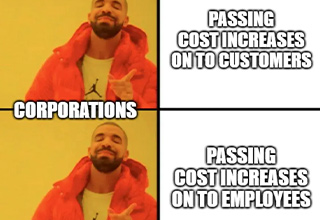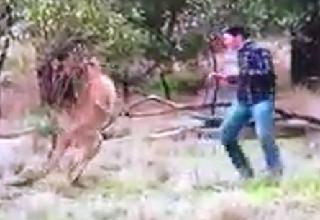Comedian Talks about his Time Coaching the Special Olympics
Andrew Cunningham
Published
04/08/2022
in
Funny
The Special Olympics is the world's largest sports organization for children and adults with intellectual and / or physical disabilities. They provide year-round training and activities to over 5 million participants and Unified Sports partners in over 172 countries. Special Olympics competitions are held every day, all around the world both locally and internationally. There are more than 100,000 events a year. Like the International Paralympic Committee, the Special Olympics organization is recognized by the International Olympic Committee; however, unlike the Paralympic Games, Special Olympics World Games are not held in the same year nor in conjunction with the Olympic Games.
The first games were held on July 20th, 1968, in Chicago, Illinois, with over 1000 athletes from the U.S. and Canada. At those first games, honorary event chair Eunice Kennedy Shriver announced the formation of the Special Olympics organization. International participation expanded in subsequent games. In 2003, the first summer games held outside the United States were in Dublin, Ireland with 7000 athletes from 150 countries.
In this funny segment from Shane Gillis’ debut special recorded live at The Creek and The Cave in Austin, Texas, he recounts his experience working as a coach for a Special Olympics team and how the first conversation about creating the organized event may have gone.
The first games were held on July 20th, 1968, in Chicago, Illinois, with over 1000 athletes from the U.S. and Canada. At those first games, honorary event chair Eunice Kennedy Shriver announced the formation of the Special Olympics organization. International participation expanded in subsequent games. In 2003, the first summer games held outside the United States were in Dublin, Ireland with 7000 athletes from 150 countries.
In this funny segment from Shane Gillis’ debut special recorded live at The Creek and The Cave in Austin, Texas, he recounts his experience working as a coach for a Special Olympics team and how the first conversation about creating the organized event may have gone.






5 Comments